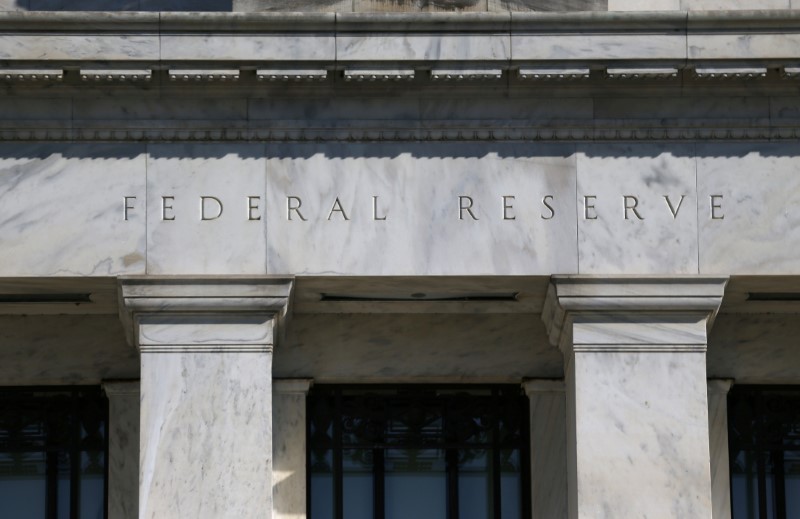By David Brooke
NEW YORK (LPC) - Restrictions within the US government's coronavirus aid Main Street Lending Program (MSLP) are staving off borrowers and lenders alike even as new lending activity begins to pick up in the middle market.
So far, just US$252m across 32 loans were committed or settled under the program, with a further US$604m in 55 loans under review, according to figures published on August 12 by the Federal Reserve Bank of Boston, the organization managing the program.
It is just a fraction of the overall US$600bn in available funds, which has raised questions from lawmakers about the viability of a program designed to provide immediate help to companies hit by the economic shutdown.
Restrictions on loan ownership embedded in the program is the main hurdles for lenders, according to some bank lenders. Banks underwrite the deals and the US government holds 95% of the individual loans made under the plan. The loans are either senior to or pari passu with a companies' existing debt, and benefit from government protection.
Yet, even with banks taking significantly less risk than underwriting the entire loan themselves, many in the market see the shared collateral as a disincentive.
By introducing new secured debt at the top of the capital structure, the existing lender then becomes subordinate in the claims over the collateral in the event of a bankruptcy. A lender that had an existing first-lien facility will no longer be first in line for payments if the collateral is liquidated.
"Banks take on 5% of the upside, but it's 100% of the administrative burden. The collection of the debt is on the bank," said Samuel Pizzichillo, a financial services audit senior-manager at accountancy firm Mazars USA.
The program presents opportunities to access middle market borrowers, a relatively new customer base for some of these banks. The requirement for a loan to be priced at a maximum 300bp over Libor also puts financial institutions at a competitive advantage compared with private debt funds, which have gained market share in the middle market over the last decade and require higher returns for their risk.
A typical senior loan provided by a private debt firm ranges between 500bp-700bp over Libor, according to sources.
"It is an opportunity to grab more market share, but you have to bifurcate the collateral with the government," said one banker.
BORROWER LIMITATIONS
The MSLP, which lives under the shadow of the government's Payment Protection Program (PPP), carries its own set of limitations for borrowers.
Both the PPP and MSLP followed the passing of the Coronavirus Aid, Relief, and Economic Security (CARES) act, designed to provide liquidity to small and medium-sized businesses to weather the coronavirus impact.
Under the PPP, more than five million loans were made totaling US$525bn, according to figures published by the US Treasury when the program closed on August 8. The MSLP, meanwhile, will remain open until the end of the year.
PPP financings were attractive to borrowers because the loans could be forgiven under certain conditions.
The PPP also offers greater freedom for companies than the MSLP, which limits dividend payouts 12 months after the repayment of the loan. The maximum amount a company can borrow under the PPP was US$10m, where as the MSLP offers borrowers up to US$35m in loan funding.
The heightened uncertainty brought on by the novel coronavirus dried out funding for middle market companies, which had been readily available from some banks and private credit funds before the onset of the pandemic.
Though the US economy's slow reopening has made such lenders more comfortable with the space, they are more inclined to support stronger credits, leaving weaker companies to seek PPP funds as they fall short of the risk a bank is willing to take.
"It is a bit of a Catch-22. Weaker or more leveraged borrowers face eligibility issues, while stronger borrowers may find the terms too onerous compared to credit they can obtain outside the program," said Andrew Bettwy, a partner at law firm Proskauer.
Lenders are also more likely to finance companies in their existing portfolio where due diligence has already been completed than chase new business. Due diligence processes have proven to be harder to undertake as travel restrictions prevailed over the last few months.

"Underwriting a new issuer can be a slow process. A bank's existing relationship will likely already have an internal rating and there is a natural gravitation to existing clients," said Bettwy.